President Donald Trump’s “Liberation Day” on April 2, announcing widespread tariffs on imported products, reverberated across the United States and around the globe. Impacts of the numerous on-and-off tariff announcements made since then have not escaped the Texas real estate and construction sectors.
Even weeks before the tariff announcements, the Department of Government Efficiency (DOGE) had been cancelling federal government leases for department offices across Texas.
The largest single cancellation as of March 30 was the closure of the Office of Natural Resources and Revenue’s 23,000 square foot office in Houston. Other Texas closures include three offices of the Employment Standards Administration, and the offices of the Equal Employment Opportunity Commission, the Mine Safety Health Administration, and the Occupational Safety and Health
Administration. Overall, more than 35 federal leases across Texas have been cancelled to date.
On the positive side for CRE, Google has confirmed it will move into the 804,000-square-foot, 35-storey SAIL Tower in downtown Austin later this year, on a full-building lease basis. Plans for multibillion-dollar new data centers and computer manufacturing factories such as those recently announced by Apple and Nvidia appear unaffected.
However, as hundreds of thousands of square footage suddenly open up in Texas because of government lease cancellations, the CRE industry can expect increased vacancies. The effect of tariffs on construction costs is also expected to create uncertainty concerning the viability of any new commercial office projects that take years to complete.
An investment chill may be setting in.
“People can’t think past two weeks,” Lincoln Property Co. NYC Market Leader Jared Toothman told a Bisnow’s New York Finance event.
Michael O’Reilly, vice-president of construction consultancy Rider Levett Bucknall, told local Texas media that establishing who accepts the risk for increased costs due to tariffs is complicating ICI contract negotiations. Critical building materials such as steel, aluminum and wood from suppliers outside the United States are now subject to high tariffs and could lead to increased costs, budget overruns and project delays.
Steve Stouthamer, executive vice-president, project planning with Skanska USA Building, said uncertainty caused by the 25 per cent tariffs on imported steel and aluminum will have an impact on construction supply chains. He says a 20 per cent tariff average, for example, could drive direct costs up by four to eight per cent, depending on the project.
“How do you budget with all that uncertainty, and how do contractors bid on these things?”
Cullen Zalman, executive vice-president of Houston-based Prosperity Bank, spoke of economic implications.
“Like most banks, we are in a lot of construction, both commercial and family building. All of that stuff requires building materials. If inflation starts creeping into lumber and steel, that’s going to have a cooling effect on the economy and slow growth.”
Observers also point out the Texas oil and gas industry could be significantly impacted. The 480,000 miles of steel pipelines moving crude oil across the state and the facilities that refine close to six million barrels of that crude each day are both heavily reliant on an ongoing, affordable supply of steel.
Imported heavy construction equipment will experience tariffs as well. With re-shoring manufacturing a Trump priority, even foreign-based manufacturers already building or assembling equipment in the United States are adjusting their plans.
Last year, British heavy equipment maker JCB bought 400 acres of land in San Antonio, Texas, recognizing the need to produce more machines in North America. JCB has been manufacturing in the United States for 50 years, with one plant operating for 25 years in Savannah, Ga., with 1,000 employees. However, with the potential impact of tariffs on JCB’s business in the short-term, the company will now double the size of their new Texas factory to one million square feet, hoping to escape the high tariffs being applied on fully-assembled vehicles from overseas.
Nevertheless, both foreign and American construction equipment manufacturers may still encounter tariffs. Components like transmissions and electronic controls could be subject to varying amounts of tariffs, depending on their country of origin. Even domestically-made components and parts might include non-U.S. content, such as steel, aluminium, batteries or computer chips.
The result may be upward pressure on construction vehicle pricing, similar to all other aspects of construction.


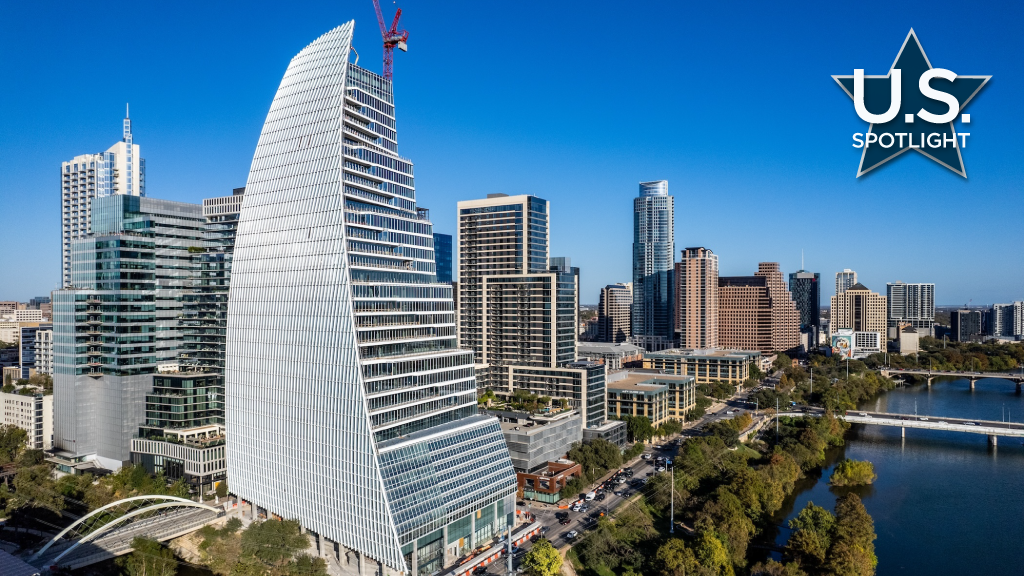

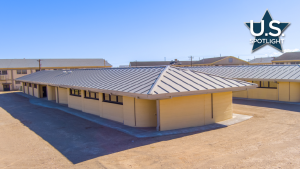

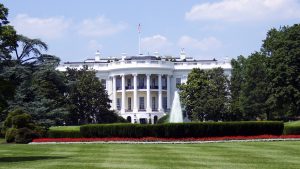

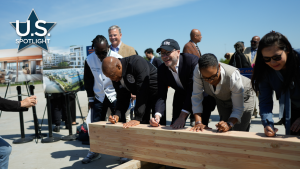
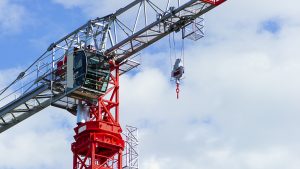

Recent Comments